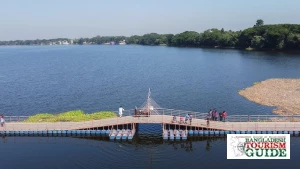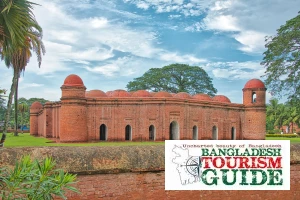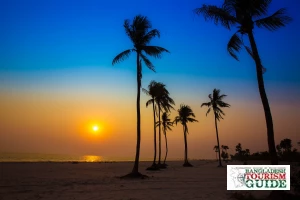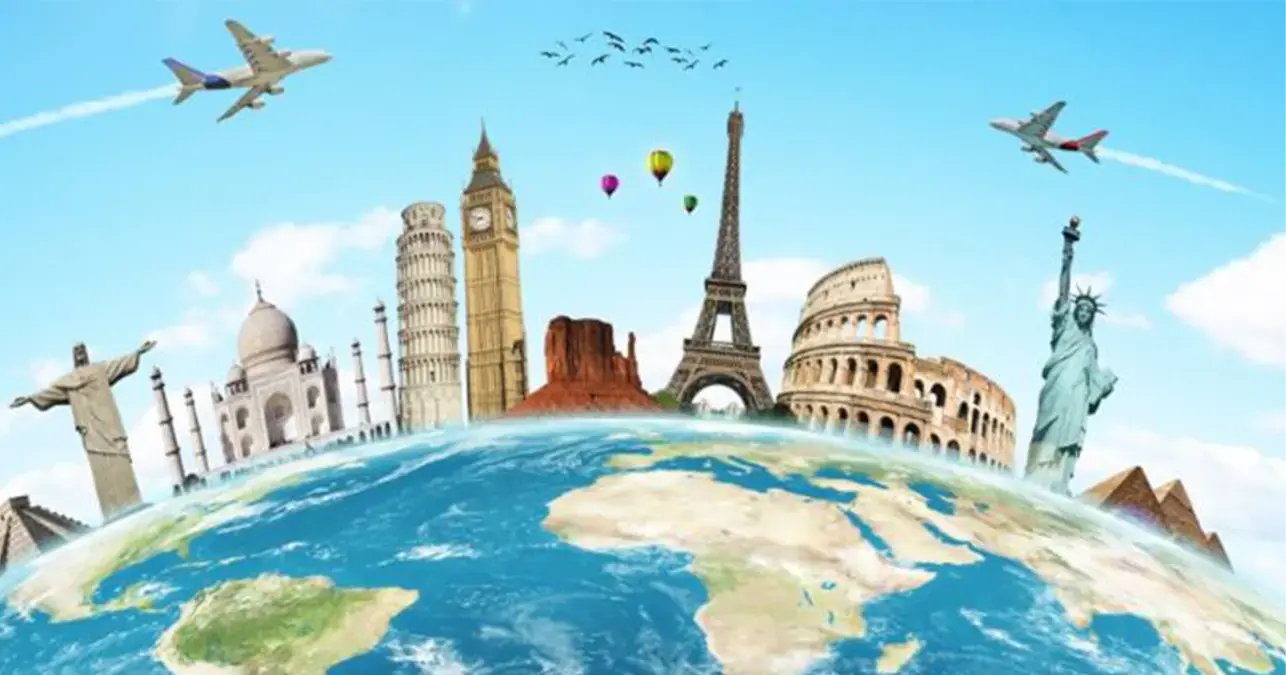Description:
My hometown is Jessore. However, due to studies, he is a guest in his home today. As soon as I get a break in the university, I rush to distraction. I came for a long vacation during the service semester break. While at home most of the time is spent with school friends or sitting by the river in nature. I have many younger cousins at home. They accompany me on the river bank. A good time passed.
That day, I sat and talked with them on an autumn afternoon, surrounded by the calm green trees and chirping of the birds. One of them said, "Brother, let's go somewhere". I thought again where to visit again. He himself offered to visit the floating bridge of Manirampur.
He who breathes the wanderer and to whom the wanderer gives heavenly fragrance—can I refuse this offer?
Tips:
Ticket and Incidental Costs:
To climb the Bangabandhu Floating Bridge, the largest in the country, you have to pay a ticket of 5 taka. Basically, this money is spent on the maintenance and repair of the bridge. There is free parking for visitors to the side of the bridge. I have not seen the fixed fee for the boat ride. You have to negotiate with the sailor as you wish.
History:
Where are floating bridges located: Naming and others:
The longest floating bridge in the country is located in Jhapa village of Monirampur upazila in Jessore district in the southwestern part of the country. Which is named Bangabandhu Floating Bridge. Later another floating bridge was constructed with the help of Jessore District Corporation which is known as District Corporation Floating Bridge.
What To Do:
Floating Bridge Background: What to See:
Knowing the background of this floating bridge will help you understand what to see. If you know whether this floating bridge is just for viewing or there is some other purpose behind it, you will understand the strength of unity, the power of the little villagers and the source of their motivation. And knowing that will undoubtedly awaken your consciousness and stimulate your subconscious mind.
Monirampur Upazila of Jessore District. It is huge in terms of size, it is the 2nd largest upazila in the country. Another greatness of that huge upazila is its reservoir. The largest reservoir in the country (Baor) is located in the village called Jhapa of the upazila. Jhapa Baor is named after the village itself. About 15 thousand people live in this village. This huge fence in the middle of the village was a huge barrier to their communication. The foundation of the bridge is mainly due to that problem.
But the real thing is, how was it possible to build the bridge in this huge and wide bay? Through a government project, made by a Chinese or Japanese company or something else?
The floating bridge variation is right here. Not with any government assistance - this is the result of tireless hard work and united efforts of ordinary working people of Jhapa village.
When the government refrained from alleviating the hardships of the villagers despite receiving half a crore of rupees annually from this large reservoir of the country, the villagers formed the Jhapa Development Foundation and built the bridge by spending their own money, talent and labor.
Needless to say, it is better to witness the great achievements of ordinary villagers than to wander around to observe the beauty of these bridges and reservoirs. If you think deeply, this action will not seem insignificant, but it will mark a great achievement. If you think a little, maybe your subconscious mind will directly approve an ordinary Bengali person in an extraordinary way. Going a little deeper, maybe it will inspire a sense of national identity.
Apart from these, what else is there to see and enjoy?
Two floating bridges are the biggest sight in the country.
The largest baor of the country.
A wonderful experience of a pleasant boat trip in the clear waters of Baor in the autumn afternoon.
Bathe and satar in the beautiful water of this freshwater baod.
Afternoon photography.











